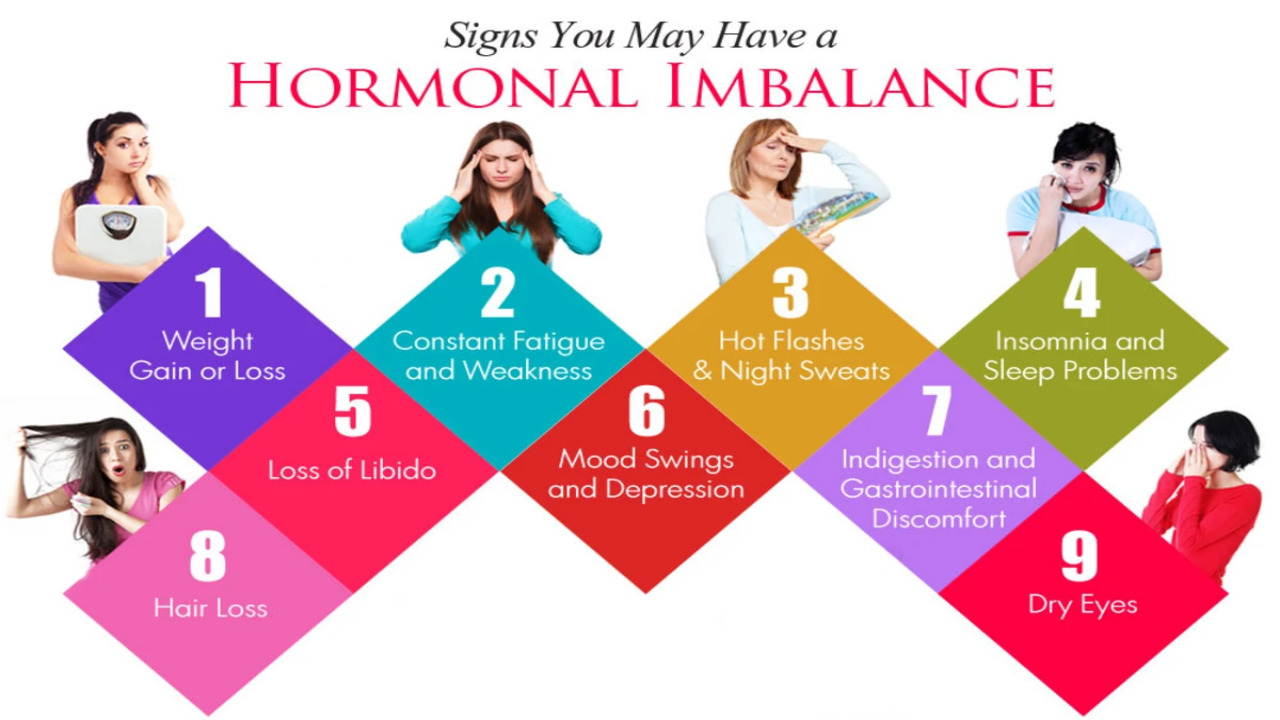Hormone balance is a crucial aspect of our overall health and well-being. Hormones are the body’s chemical messengers that regulate various bodily functions, including metabolism, growth and development, sexual function, and mood. Hormonal imbalances occur when there is either too much or too little of a particular hormone in the body. This can lead to a variety of health problems and negatively impact our well-being. In this article, we will discuss what hormone balance is, why it is important for overall health and well-being, and how we can achieve and maintain it.
Hormone balance refers to the optimal level of hormones in the body, where they are present in the right amounts and functioning properly. Hormones are produced by the endocrine glands, which include the pituitary gland, thyroid gland, adrenal glands, ovaries, and testes. These glands release hormones into the bloodstream, where they travel to various parts of the body and perform their functions. If you connect your hormonal imbalance with PCOS, then one of these supplements for PCOS by “The S’moo Co” is what you need.
Causes of Hormonal Imbalances

Hormone imbalances can be caused by various factors, including genetics, age, lifestyle, and environmental factors. Some of the most common hormonal imbalances include thyroid disorders, insulin resistance, polycystic ovary syndrome (PCOS), and menopause. Hormonal imbalances can cause a wide range of symptoms, including weight gain, fatigue, mood swings, infertility, and decreased libido.
Role of Hormones

Achieving and maintaining hormone balance is essential for overall health and well-being. Hormones play a crucial role in many bodily functions, including:
Metabolism: Hormones such as insulin, cortisol, and thyroid hormones regulate metabolism and energy levels in the body. Hormonal imbalances can lead to weight gain, fatigue, and other metabolic disorders.
Sexual function: Hormones such as testosterone, estrogen, and progesterone play a crucial role in sexual function and reproduction. Hormonal imbalances can lead to infertility, decreased libido, and other sexual health problems.
Mood: Hormones such as serotonin, dopamine, and cortisol play a crucial role in regulating mood and emotions. Hormonal imbalances can lead to depression, anxiety, and other mood disorders.
Growth and development: Hormones such as growth hormone and insulin-like growth factor (IGF-1) are essential for growth and development during childhood and adolescence. Hormonal imbalances can lead to growth disorders and delayed puberty.
Immune function: Hormones such as cortisol and thyroid hormones play a crucial role in regulating immune function. Hormonal imbalances can lead to weakened immune function and increased susceptibility to infections.
How to Achieve and Maintain Hormone Balance?

- Eat a healthy, balanced diet: A healthy, balanced diet that includes a variety of whole foods can help regulate hormones and prevent hormonal imbalances. Avoiding processed and sugary foods can also help maintain hormone balance.
- Exercise regularly: Regular exercise can help regulate hormones, reduce stress, and improve overall health and well-being.
- Manage stress: Chronic stress can lead to hormonal imbalances, so it’s essential to manage stress through relaxation techniques, such as meditation, yoga, or deep breathing exercises.
- Get enough sleep: Sleep is essential for hormone regulation, so it’s important to get enough sleep each night.
- Avoid exposure to toxins: Exposure to toxins, such as chemicals in household cleaners and personal care products, can disrupt hormone balance. Avoiding these toxins and using natural alternatives can help maintain hormone balance.
- In addition to these lifestyle changes, there are also medical treatments available for hormonal imbalances. Depending on the cause and severity of the hormonal imbalance, treatment options may include hormone replacement therapy, medication, or surgery.
In conclusion, hormone balance is essential for overall health and well-being. Hormones play a crucial role in many bodily functions, including metabolism, sexual function, mood, growth and development, and immune function. Hormonal imbalances can lead to a wide range of health problems and negatively impact our well-being. By adopting healthy lifestyle habits, such as eating a healthy diet, exercising regularly, managing stress, getting enough sleep, and avoiding exposure to toxins, we can achieve and maintain hormone balance. Medical treatments are also available for hormonal imbalances, depending on the cause and severity of the imbalance. Taking steps to maintain hormone balance can help us achieve optimal health and well-being.

